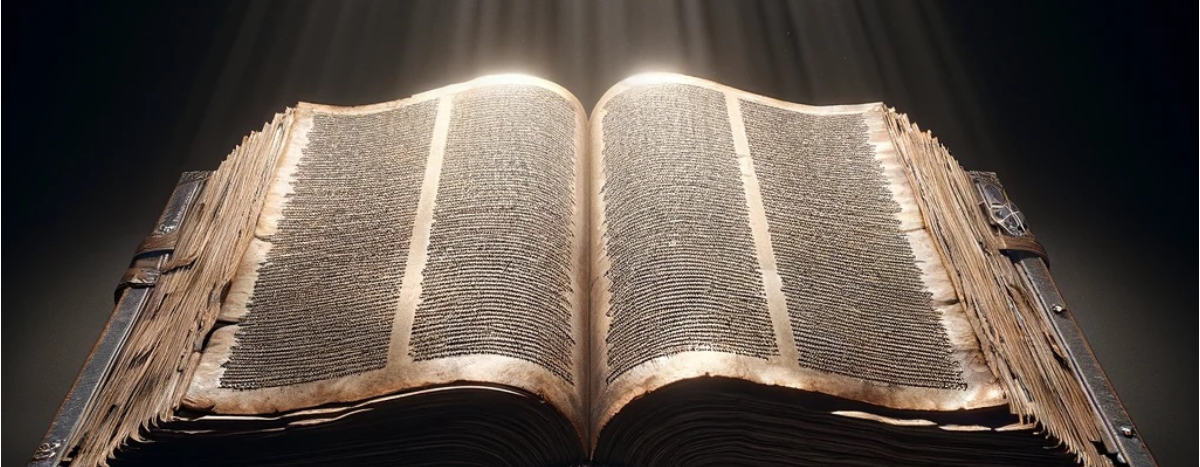
Finding Your Dark Arts Expert
| Originally posted April 23, 2024 on Linked-In |
I am starting a series of LinkedIn blog posts about patent asset development which I hope folks in my network find entertaining and informative. I am also hoping to reach folks in my network, and possibly beyond, that are looking for new patent representation.
Finding a great patent lawyer is like finding a great expert in any of the “dark arts.” Take auto mechanics, for example. It’s really hard to find a good one, and even when you have a good auto mechanic, sometimes it can be hard to tell. I know what I’m talking about because I drive a 2008 Saab, which I owned since it was new. If you think finding a good mechanic is tough, try finding one that is willing to work on a car that (A) was never really that popular, (B) hasn’t existed for over a decade and a half, and (C) is increasingly difficult to find parts for. But I digress.
The point is, your auto mechanic can always tell a believable story about the cause of that noise, or that leak, and charge you a surprisingly high fee that they swear to you is the standard going rate for that particular repair – in fact it’s even discounted from the book value! (So, really, you should be thanking them?) But unless you’re willing to get your own hands greasy, pay the $50 for the Chilton’s manual, and look over your mechanic’s shoulder, you’ll never really know for sure if your mechanic is good at what he does, or maybe is even dishonest.
I only know of three ways to feel comfortable with my “dark arts” experts: First, I can find out about the person’s or company’s reputation. Second, I can talk to them. For example, I can ask them about their business process and philosophy, review prior work samples, quiz them on their subject matter. (Like most experts, I have a whole portfolio of prior work that I can use to showcase my skills and experience, and I am happy to share this with prospective clients.) Finally, the third way to build trust is I can just dive in and start to build a working relationship with the expert, and over time that level of trust will either grow or wane.
Patent application preparation and prosecution is stressful, tedious work, and there is a high level of turnover in the field, especially among younger associates. Learning a new technology (which is what all inventions are) is challenging, and not everyone can do it, or is willing to spend the time to get a full understanding of the invention. This is the baseline level of competency for any patent attorney. The really great patent attorneys . . .
- . . . are not only conversant in a highly complex area of law, they are also able to absorb and convey, in a clear, coherent manner, technical information about an invention. They should be able to explain to you, their client, without legalese jargon, why they wrote a patent application or an office action response in a particular way.
- . . . are able to explain to you what legal strategy they recommend for you given the totality of the circumstances, and why they recommend it. These include your business objectives, the novelty of the invention, and the prior art. These discussions take time, but they can be necessary to establish a necessary level of trust.
- . . . build relationships founded on mutual dedication to a shared goal. The great patent lawyers are like great teammates – its not about showboating or dominating; it’s about working together to achieve your business objectives.
I joined Barta Jones PLLC because they were great lawyers for VMware. Now that I am with them, I have the foundation to provide that level of service to my clients. If you are interested in putting me on your team, feel free to contact me directly for an individual consultation.

Discussion